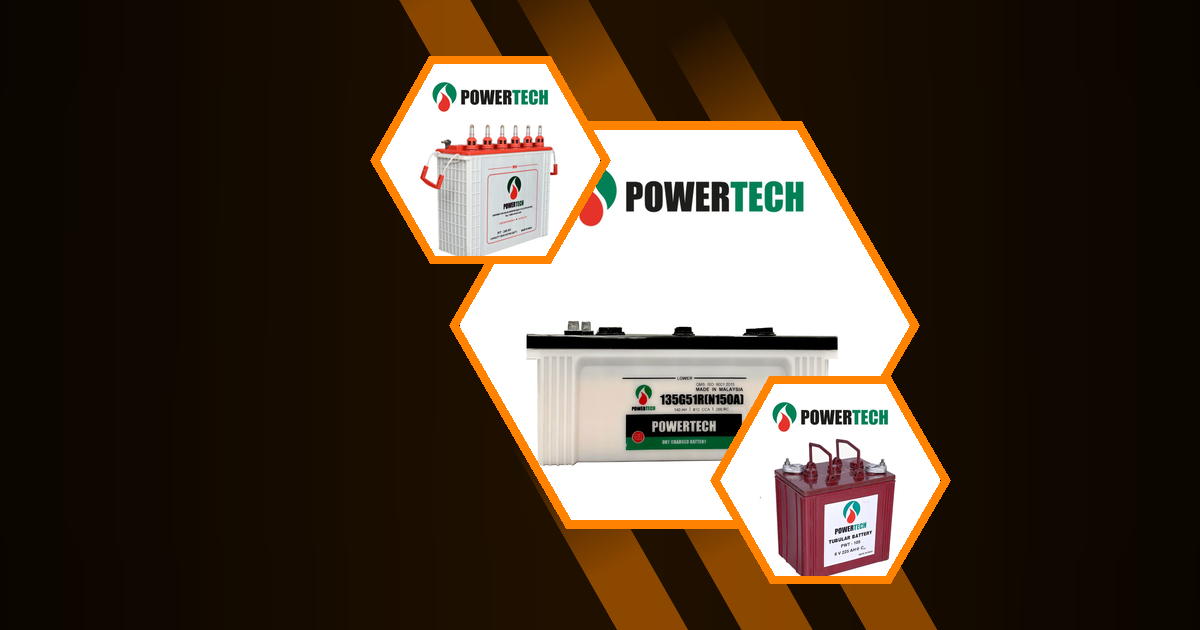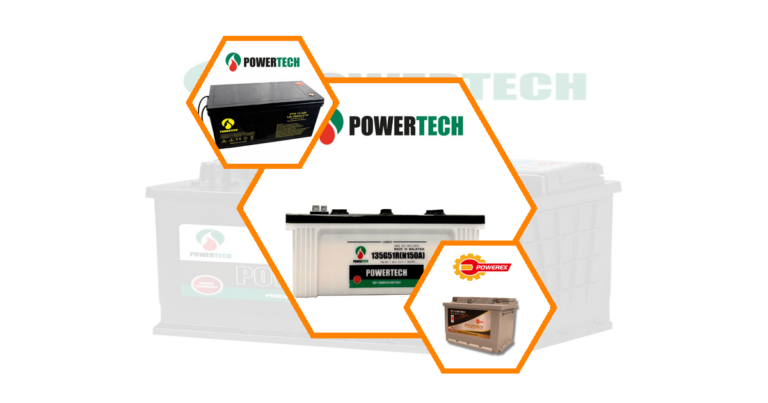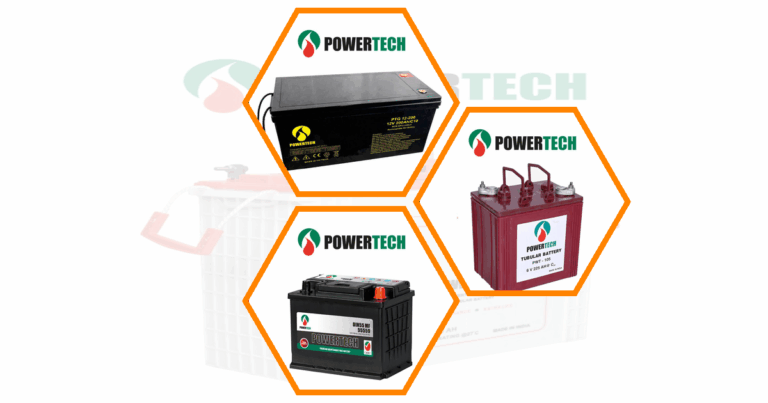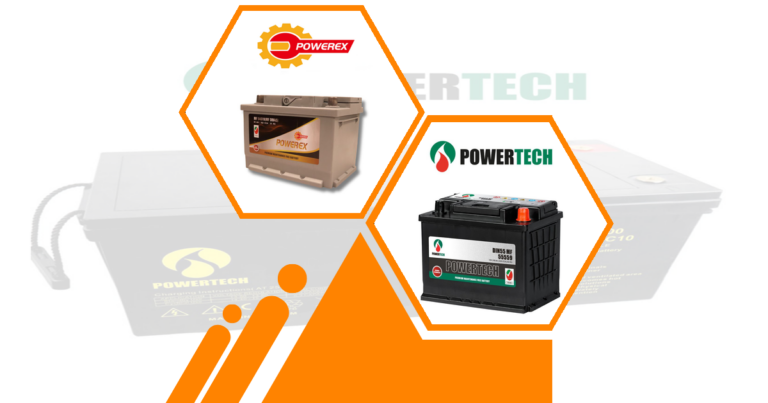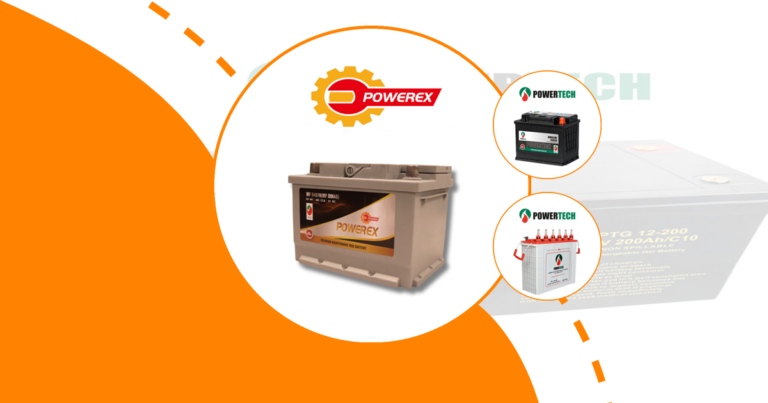What Are Heavy-Duty Batteries and Industrial Energy Solutions?
Heavy-duty batteries are the backbone of industrial energy solutions, providing the necessary power to operate a wide range of equipment. These batteries are designed to withstand harsh conditions and deliver consistent energy output. Industrial energy solutions rely on these robust batteries to ensure uninterrupted operations in various sectors.
Industrial energy solutions encompass a variety of applications, from powering heavy machinery to supporting renewable energy systems. The integration of heavy-duty batteries in these solutions enhances efficiency and reliability, making them indispensable in modern industrial settings.
- Key Benefits of Heavy-Duty Batteries:
- High energy density
- Long lifespan
- Durability in extreme conditions
Types of Heavy-Duty Batteries
There are several types of heavy-duty batteries, each with unique characteristics suited for different industrial applications. Lead-acid batteries are commonly used due to their cost-effectiveness and reliability. Lithium-ion batteries, on the other hand, offer higher energy density and longer life, making them ideal for high-demand applications.
Nickel-cadmium batteries are another option, known for their ability to perform well in extreme temperatures. Each type of battery has its advantages and limitations, and the choice depends on the specific requirements of the application.
- Common Types of Heavy-Duty Batteries:
- Lead-acid batteries
- Lithium-ion batteries
- Nickel-cadmium batteries
Industrial Energy Storage Systems
Industrial energy storage systems are crucial for managing energy supply and demand. These systems store excess energy generated during low-demand periods and release it during peak times. Heavy-duty batteries play a vital role in these systems, ensuring a stable and reliable energy supply.
The integration of industrial energy storage systems with renewable energy sources further enhances their efficiency. By storing solar or wind energy, these systems help reduce reliance on fossil fuels and promote sustainability.
- Benefits of Industrial Energy Storage Systems:
- Improved energy efficiency
- Enhanced grid stability
- Support for renewable energy integration
Key Features of Industrial Batteries
Industrial batteries are designed with specific features to meet the demands of heavy-duty applications. High energy density is a critical feature, allowing these batteries to store and deliver large amounts of energy. Durability is another essential characteristic, ensuring the batteries can withstand harsh industrial environments.
Safety features are also paramount in industrial batteries, with advanced technologies incorporated to prevent overheating and ensure safe operation. These features make industrial batteries a reliable choice for various applications.
- Key Features of Industrial Batteries:
- High energy density
- Durability and safety
- Advanced technology integration
Industrial Battery Applications Across Various Sectors
Automotive and Light Truck
In the automotive sector, heavy-duty batteries are essential for powering electric vehicles and light trucks. These batteries provide the necessary energy to drive electric motors, offering a sustainable alternative to traditional fuel-powered vehicles. The use of industrial batteries in this sector is growing, driven by the demand for eco-friendly transportation solutions.
- Applications in Automotive:
- Electric vehicles
- Hybrid vehicles
- Light trucks
Electric Forklifts and Pallet Jacks
Electric forklifts and pallet jacks rely on industrial batteries for efficient operation. These batteries provide the power needed to lift and transport heavy loads, making them indispensable in warehouses and distribution centers. The use of electric-powered equipment reduces emissions and enhances operational efficiency.
- Benefits for Material Handling:
- Reduced emissions
- Increased efficiency
- Lower operational costs
Renewable Energy Systems
Renewable energy systems, such as solar and wind power, depend on industrial batteries for energy storage. These batteries store excess energy generated during peak production times and release it when needed. This capability ensures a consistent energy supply and supports the transition to sustainable energy sources.
- Role in Renewable Energy:
- Energy storage
- Grid stability
- Support for sustainable energy
Traffic Management Systems
Traffic management systems utilize industrial batteries to power various components, including traffic lights and electronic signage. These batteries ensure uninterrupted operation, even during power outages, enhancing road safety and efficiency.
- Applications in Traffic Management:
- Traffic lights
- Electronic signage
- Emergency systems
Advancements in Battery Technology for Industrial Use
Smart Battery Management Systems
Smart battery management systems (BMS) are revolutionizing industrial battery applications. These systems monitor battery performance in real-time, optimizing energy use and extending battery life. By providing detailed insights into battery health, BMS enhances operational efficiency and reduces maintenance costs.
- Advantages of Smart BMS:
- Real-time monitoring
- Optimized energy use
- Extended battery life
Safety and Durability Improvements
Advancements in battery technology have led to significant improvements in safety and durability. Modern industrial batteries are equipped with features that prevent overheating and ensure safe operation. These improvements enhance the reliability of batteries in demanding industrial environments.
- Safety and Durability Features:
- Overheat protection
- Enhanced reliability
- Longer lifespan
Efficient Energy Storage Solutions
Efficient energy storage solutions are critical for maximizing the performance of industrial batteries. Innovations in battery design and materials have led to increased energy density and faster charging times. These advancements make industrial batteries more efficient and cost-effective.
- Benefits of Efficient Storage Solutions:
- Increased energy density
- Faster charging times
- Cost-effectiveness
Choosing the Right Battery for Industrial Applications
Factors to Consider
Selecting the right battery for industrial applications involves considering several factors. Energy requirements, environmental conditions, and budget constraints are critical considerations. Understanding these factors helps in choosing a battery that meets the specific needs of the application.
- Key Considerations:
- Energy requirements
- Environmental conditions
- Budget constraints
Battery Sizing and Capacity
Battery sizing and capacity are crucial for ensuring optimal performance. The battery must be appropriately sized to meet the energy demands of the application. Proper sizing ensures efficient energy use and prevents overloading, which can lead to reduced battery life.
- Importance of Proper Sizing:
- Efficient energy use
- Prevention of overloading
- Extended battery life
Maintenance Requirements
Regular maintenance is essential for maximizing the lifespan and performance of industrial batteries. Maintenance practices include regular inspections, cleaning, and performance testing. Adhering to maintenance schedules ensures the batteries operate efficiently and safely.
- Maintenance Practices:
- Regular inspections
- Cleaning and testing
- Adherence to schedules
Environmental Impact and Sustainability of Industrial Batteries
Battery Recycling Programs
Battery recycling programs play a vital role in reducing the environmental impact of industrial batteries. These programs ensure that used batteries are disposed of responsibly, minimizing waste and promoting sustainability. Recycling also recovers valuable materials, reducing the need for new resources.
- Benefits of Recycling Programs:
- Waste reduction
- Resource recovery
- Environmental sustainability
Eco-Friendly Battery Options
Eco-friendly battery options are becoming increasingly popular in industrial applications. These batteries are designed with sustainable materials and processes, reducing their environmental footprint. Choosing eco-friendly options supports sustainability goals and reduces the impact on the environment.
- Advantages of Eco-Friendly Batteries:
- Reduced environmental impact
- Sustainable materials
- Support for sustainability goals
Reducing Carbon Footprint in Industrial Energy
Reducing the carbon footprint of industrial energy is a priority for many organizations. The use of industrial batteries in renewable energy systems and electric vehicles contributes to this goal. By reducing reliance on fossil fuels, these applications help lower carbon emissions and promote sustainability.
- Strategies for Carbon Reduction:
- Renewable energy integration
- Electric vehicle adoption
- Energy efficiency improvements
Comparing Industrial and SLI Batteries
Industrial Battery Characteristics
Industrial batteries are designed for high-demand applications, offering durability and reliability. They are built to withstand harsh conditions and provide consistent energy output. These characteristics make them ideal for use in heavy-duty equipment and industrial settings.
- Characteristics of Industrial Batteries:
- High durability
- Consistent energy output
- Suitability for harsh conditions
SLI Battery Uses and Applications
SLI (Starting, Lighting, and Ignition) batteries are primarily used in automotive applications. They provide the initial power needed to start engines and support vehicle lighting and ignition systems. While not as robust as industrial batteries, SLI batteries are essential for everyday vehicle operation.
- Applications of SLI Batteries:
- Vehicle starting
- Lighting systems
- Ignition support
Maximizing Battery Performance in Industrial Settings
Proper Charging Techniques
Proper charging techniques are essential for maximizing battery performance. Overcharging or undercharging can reduce battery life and efficiency. Using the correct charger and following manufacturer guidelines ensures optimal charging and extends battery lifespan.
- Charging Best Practices:
- Use the correct charger
- Follow manufacturer guidelines
- Avoid overcharging
Temperature Control and Management
Temperature control is crucial for maintaining battery performance. Extreme temperatures can affect battery efficiency and lifespan. Implementing temperature management systems helps maintain optimal operating conditions and prevent damage.
- Temperature Management Strategies:
- Implement cooling systems
- Monitor temperature regularly
- Avoid extreme conditions
Regular Maintenance Practices
Regular maintenance practices are vital for ensuring the longevity and performance of industrial batteries. These practices include routine inspections, cleaning, and performance testing. Adhering to maintenance schedules helps identify potential issues early and prevent costly repairs.
- Maintenance Checklist:
- Routine inspections
- Cleaning and testing
- Adherence to schedules
Future Trends in Heavy-Duty Batteries and Industrial Energy
Emerging Battery Technologies
Emerging battery technologies are set to revolutionize industrial energy applications. Innovations such as solid-state batteries and advanced materials promise higher energy density and improved safety. These technologies are expected to enhance the performance and efficiency of industrial batteries.
- Emerging Technologies:
- Solid-state batteries
- Advanced materials
- Improved safety features
Integration with Renewable Energy Sources
The integration of industrial batteries with renewable energy sources is a growing trend. This integration supports the transition to sustainable energy by providing reliable energy storage solutions. It also enhances grid stability and reduces reliance on fossil fuels.
- Benefits of Integration:
- Support for sustainable energy
- Enhanced grid stability
- Reduced fossil fuel reliance
Scalable and Modular Battery Designs
Scalable and modular battery designs offer flexibility and efficiency in industrial applications. These designs allow for easy expansion and customization, meeting the specific needs of different applications. They also facilitate maintenance and reduce downtime.
- Advantages of Modular Designs:
- Flexibility and efficiency
- Easy expansion and customization
- Reduced downtime
Cost Considerations for Industrial Battery Solutions
Initial Investment vs. Long-Term Savings
The initial investment in industrial battery solutions can be significant, but the long-term savings often outweigh the costs. Efficient energy use and reduced maintenance expenses contribute to overall savings. Evaluating the total cost of ownership helps in making informed investment decisions.
- Cost Evaluation Factors:
- Initial investment
- Long-term savings
- Total cost of ownership
Energy Efficiency and ROI
Energy efficiency is a critical factor in determining the return on investment (ROI) for industrial battery solutions. Efficient batteries reduce energy consumption and operational costs, enhancing ROI. Investing in energy-efficient solutions supports sustainability goals and financial performance.
- Factors Influencing ROI:
- Energy efficiency
- Reduced operational costs
- Sustainability goals
Government Incentives for Industrial Energy Storage
Government incentives play a significant role in promoting industrial energy storage solutions. These incentives reduce the financial burden of investing in advanced battery technologies. They also support the transition to sustainable energy and enhance the competitiveness of industrial applications.
- Types of Government Incentives:
- Tax credits
- Grants and subsidies
- Support for sustainable energy
According to the U.S. Department of Energy, industrial energy consumption accounts for about 32% of total U.S. energy use. This statistic highlights the importance of efficient energy solutions in industrial settings. By adopting advanced battery technologies, industries can reduce energy consumption and promote sustainability. Battery maintenance tips Keep batteries clean and dry store them in a cool place and avoid overcharging to extend their lifespan Vehicle power options Cars can run on different types of energy like gasoline electricity or even hydrogen giving drivers choices for how to power their vehicles
Automotive BMS importance Automotive BMS is crucial for keeping electric car batteries safe and making them last longer It helps manage the battery power so the car can run efficiently and go farther on a single charge Car battery charging problems can happen when your car’s battery doesn’t get enough power to work properly This can make it hard to start your car or use things like lights and radio
Vehicle power optimization helps cars use less fuel and go farther It makes engines work better so vehicles can be more efficient
FAQ’s
What are the main types of industrial batteries?
The main types of industrial batteries include lead-acid, lithium-ion, and nickel-cadmium batteries. Each type has unique characteristics that make it suitable for different applications. Lead-acid batteries are cost-effective, while lithium-ion batteries offer higher energy density and longer life.
How long do heavy-duty batteries typically last?
Heavy-duty batteries typically last between 3 to 5 years, depending on usage and maintenance. Proper care and regular maintenance can extend their lifespan. Factors such as environmental conditions and charging practices also influence battery longevity.
What are the advantages of lithium-ion batteries in industrial applications?
Lithium-ion batteries offer several advantages in industrial applications, including high energy density and long lifespan. They are lightweight and provide efficient energy storage, making them ideal for high-demand applications. Their ability to charge quickly and deliver consistent power enhances operational efficiency.
